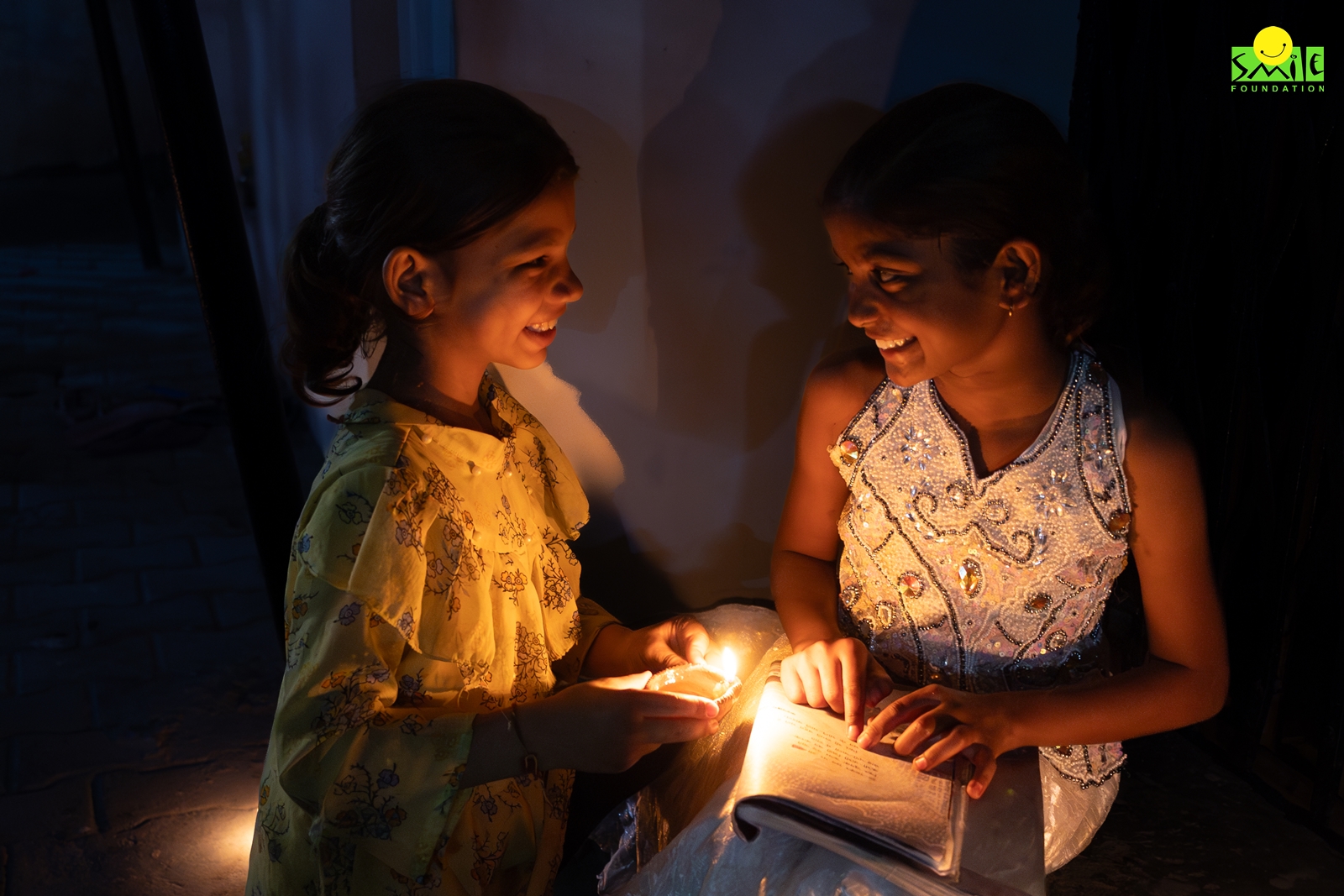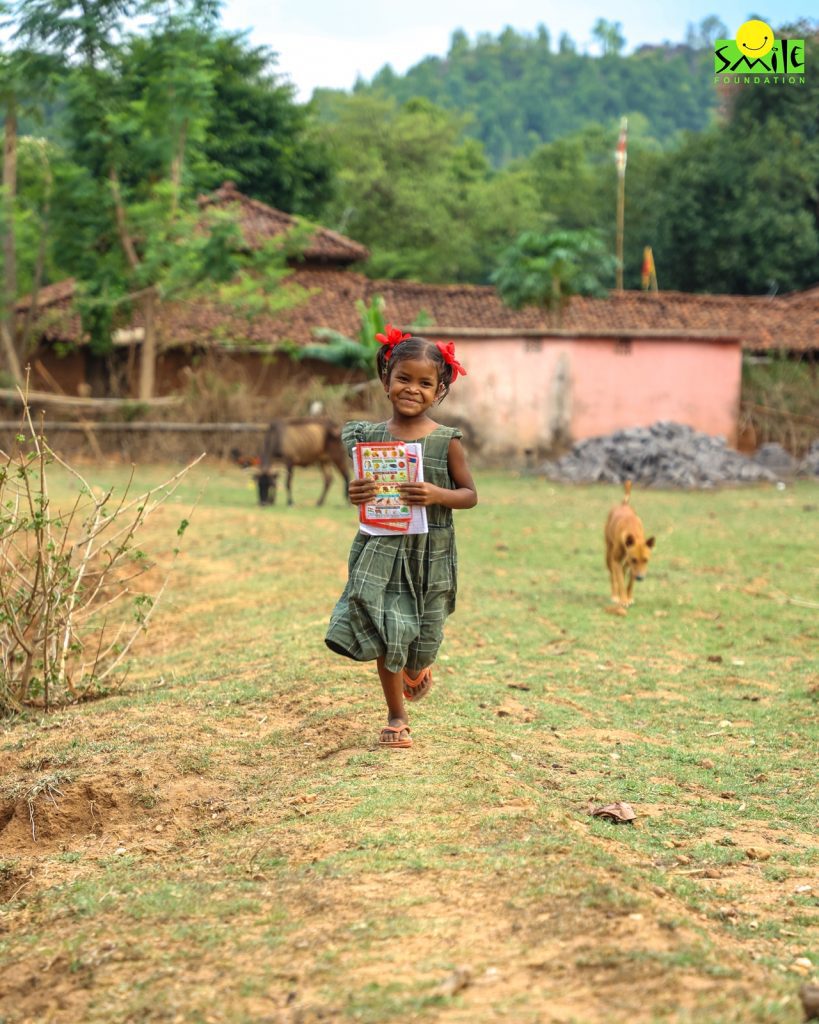Discussing peace, especially in the context of children, becomes not just relevant but imperative. Children, as the torchbearers of the future, navigate a complex journey that shapes their perceptions, values, and overall well-being. Addressing the subject of peace for children is an acknowledgment of their unique vulnerabilities and an earnest commitment to fostering environments that nurture their growth, both emotionally and socially.
Childhood lays the foundation for a lifetime of experiences, influencing how individuals perceive the world and their roles within it. As such, exploring the concept of peace in the context of children encompasses more than the absence of conflict; it encapsulates the holistic well-being of young minds. From the nurturing of inner tranquility to imparting values that champion understanding over discord, the discourse on peace holds the potential to mold a generation that cherishes harmony and empathy.
In this exploration, we draw inspiration from timeless lessons found in the Mahabharata, an ancient epic that transcends eras, and weaves narratives rich in wisdom. From the intricacies of inner peace to the profound impact of righteous leadership, these lessons offer timeless insights that resonate in our pursuit of a more peaceful and compassionate world for our children. As we delve into these teachings, the intent is not just to reflect on the past but to illuminate a path forward, where the discussion on peace becomes a guiding force in shaping the future of our youngest and most precious members of society.
The Mahabharata, an ancient Indian epic, is not merely a narrative of a historic conflict but a reservoir of timeless wisdom, offering profound insights into the essence of peace. This epic, which weaves the intricate tapestry of human relationships, power struggles, and the inevitability of moral dilemmas, imparts invaluable lessons on the importance of peace. Let’s journey into the Mahabharata to unravel these lessons that resonate across epochs.
1. Inner Peace Precedes Outer Harmony
The character of Yudhishthira, the eldest of the Pandavas, exemplifies the notion that inner peace is the bedrock of outer harmony. Despite facing numerous trials and tribulations, Yudhishthira remains steadfast in his commitment to righteousness. His unwavering inner peace becomes a guiding light even in the darkest moments, emphasizing that true peace emanates from a calm and virtuous heart.
“The self-controlled soul, who moves amongst sense objects, free from either attachment or repulsion, he wins eternal Peace.” – Bhagavad Gita (2.64)
2. Diplomacy and Dialogue over War
The Mahabharata underscores the supremacy of dialogue and diplomacy over the ravages of war. The pivotal moment at the onset of the Kurukshetra War sees Lord Krishna, acting as Arjuna’s charioteer, encouraging a last-minute attempt at peace. Krishna’s efforts to avert bloodshed reflect the profound truth that exhausting all avenues of peaceful resolution should precede resorting to conflict.
3. The Folly of Revenge and Hatred
The Kaurava prince Duryodhana’s vengeful pursuits lead to catastrophic consequences, highlighting the Mahabharata’s warning against the destructive nature of revenge and hatred. The desire for retaliation blinds Duryodhana to reason and compassion, ultimately culminating in the annihilation of his own kin. This serves as a poignant reminder of the corrosive impact of harboring animosity.
“For hatred does not cease by hatred at any time: hatred ceases by love. This is an unalterable law.” – Dhammapada (1.5)
4. Righteous Leadership for Lasting Peace
King Yudhishthira’s reign post the war exemplifies the importance of righteous leadership in establishing enduring peace. His commitment to justice, compassion, and equitable governance creates an era of harmony, showcasing that sustained peace can only thrive under the guardianship of virtuous leaders.
“One must deliver the results of one’s actions to the Lord and also consider that, in the performance of one’s duties, one should depend on no one else but the Lord.” – Bhagavad Gita (9.27)
5. Cultivating Equanimity in Adversity
Arjuna’s moral dilemma on the battlefield symbolizes the human struggle with ethical choices. Lord Krishna’s teachings to Arjuna underscore the importance of cultivating equanimity in the face of adversity. True peace, as depicted in the Mahabharata, arises from a balanced mind that can navigate challenges without succumbing to despair.
In essence, the Mahabharata serves as a timeless testament to the pivotal role peace plays in the fabric of human existence. Its lessons resonate across cultures and eras, urging individuals to seek inner tranquility, embrace dialogue over conflict, shun revenge and hatred, champion righteous leadership, and cultivate equanimity in adversity. As we glean wisdom from this epic, we are reminded that the pursuit of peace is not just a noble endeavor but an essential cornerstone for the well-being of individuals and the world at large.










